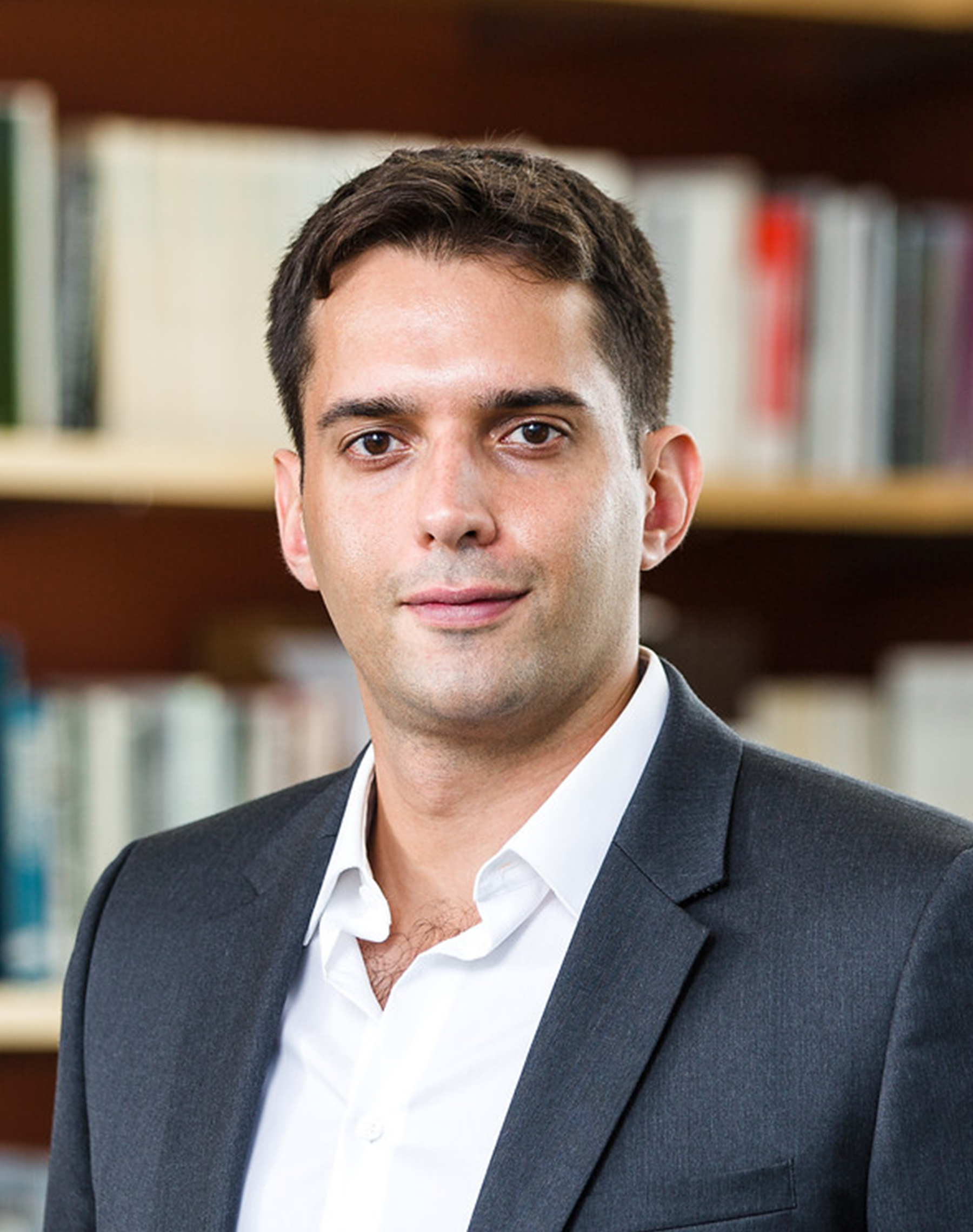Yusuf Neggers on using technology to close information gaps and improve governance
EGC Affiliate Spotlight: Yusuf Neggers
by Shawn Thacker and Lauren Fadiman
July 28, 2022

India faces a unique set of challenges as the world’s largest democracy. The nation’s sheer size and scale exacerbate information gaps in its bureaucracy and voting public, ultimately straining the functionality of the state. Yusuf Neggers is working to surmount these challenges and benefit Indian communities in need by implementing innovative technology-driven solutions that expand and streamline information access. Neggers recently completed a year conducting research at EGC and the Yale MacMillan Center to advance this agenda.
Information gaps run both ways: just as the state struggles to take advantage of population data that can improve the efficiency of its bureaucracy, information gaps can skew citizens’ voting decisions toward less suitable candidates. This theory provides one explanation for why the Indian electoral system, despite being considered fairly secure and reliable, advances many officials facing serious criminal charges. Previous research has shown that these legislators underperform in their provision of public goods and preside over weaker economic growth.
In a working paper, Neggers and co-authors Siddharth George and Sarika Gupta report on an experiment evaluating this explanation. They ask whether a light-touch intervention – something as simple as a text message – is enough to meaningfully address those information gaps.
The research team worked with three telecom providers to dispatch messages to over 370,000 mobile phone service subscribers in over 1,300 villages in the Indian state of Uttar Pradesh, just two days before the state assembly elections. The message content included the number of criminal cases faced by each candidate and whether these cases included violent charges like murder. While one of India’s most populous and poorest states, Uttar Pradesh has a mobile phone penetration of over 90 percent of households, making it an ideal candidate for a mobile phone message intervention.
Neggers and his co-authors found that voters do respond to information provision about criminal charges, with the light-touch messaging treatment decreasing votes for candidates with violent criminal charges by 2.7 percentage points (7.8 percent) and increasing votes for those without them by 1.7 percentage points (6.4 percent) on average. Given that nearly a fifth of legislative assembly seats in the Uttar Pradesh elections were won by a margin of 3 percentage points or less, these effects are large enough to matter for electoral outcomes.
“From a policy-relevant standpoint, a light-touch approach has greater feasibility to be conducted at scale,” Neggers explained in an EGC interview. “Even in rural India, rates of mobile phone penetration are growing quite rapidly and these types of interventions that consist of regular text messages don’t require smartphones.”
Light-touch interventions might be employed in other contexts, too, confronting any number of social issues that are exacerbated by information gaps.
Information acquisition costs and public benefit delivery
In another working paper, Neggers turned his focus to the information constraints that can keep the Indian bureaucracy from efficiently meeting the needs of the public. The paper is coauthored with Pande, Charity Troyer Moore, also of Inclusion Economics at Yale University, and Eric Dodge of IDinsight.
Working with Inclusion Economics at Yale University, Inclusion Economics India Centre, and the Ministry of Rural Development in India, the team set out to improve the functioning of India’s flagship social protection program, the Mahatma Gandhi National Rural Employment Guarantee Scheme (MGNREGS). The Indian government mandates that the program provide up to 100 days per year of work for rural households and pay them within 15 days, however in 2016 the average MGNREGS worker waited 53 days to be paid. Such delays can have a cascading negative effect, disincentivizing workers from taking up the work they need.
To mitigate these delays, Neggers and his co-authors created a mobile e-management platform called PayDash to harness existing government data systems and provide various resources in a single platform: providing real-time updates about MGNREGS worker wage payment status, identifying the responsible officers for a delay, and allowing supervisors to follow up with relevant subordinates via phone and WhatsApp.
The researchers conducted a randomized controlled trial with MGNREGS bureaucrats at multiple levels of the administrative hierarchy across two Indian states and found that PayDash improved program performance, with payment processing times for MGNREGS workers decreasing by 11 percent, or 1.2 days, on average. These processing time improvements were larger in districts with worse delays and the benefits of the platform were similar when provided to upper- versus mid-level officials, suggesting that – rather than just strengthening the monitoring of mid-level officers by their upper-level supervisors – PayDash may have lessened bureaucratic overload for mid-level officials in acquiring management-relevant information.
“This paper helps us understand how, in these bureaucratic environments, you don't want to just think about one actor in isolation,” explained Neggers. “These individuals are almost always embedded within larger hierarchies, and understanding how information flows and interacts across levels can be critically important.”
Neggers returns to the University of Michigan upon finishing his residency at Yale, but will continue to collaborate with EGC moving forward. He described how EGC enabled his work, citing a “large and great group of faculty working on topics in development and political economy,” richly informative conferences, and the assistance of Yale student researchers. “The EGC was an ideal environment for me to make progress on my existing work in India as well as to develop and pursue new research,” he said.
